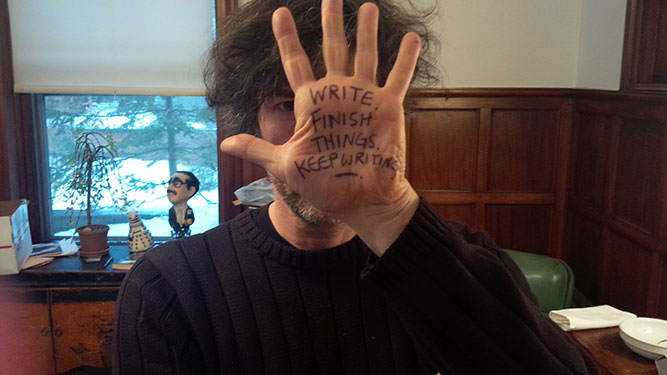As games have increased in sophistication, they have become a stage for ever higher displays of human skill and brilliance. The result is a tier of the gaming world filled with startling disciplined, talented, and highly competitive players. Born out of arcade tournaments and LAN parties, the world of competitive gaming is now entering a mature phase, featuring major global events attended by thousands and watched by millions online. With valuable sponsorship and prize money of increasing value, competitive gaming is claiming a space similar to that of traditional sports. This new industry is still in its early stages, developing broadcasting models and negotiating the culture of its widening audience. But whether it's fighting games or MOBAs, the players and spectators are passionate, and individuals and leagues are working hard to elevate e-sports into the highest echelons of human achievement.













